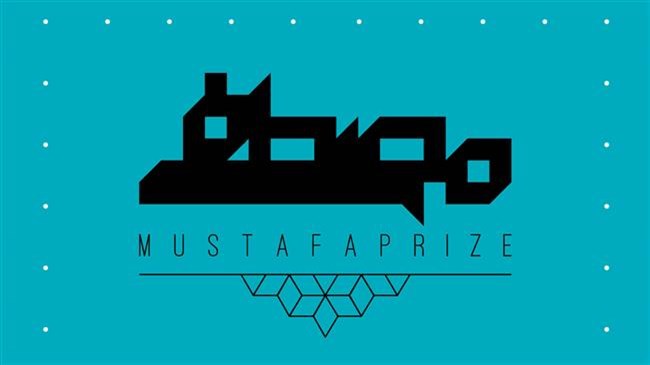
Sami Erol Gelenbe (1945) from Turkey and M. Amin Shokrollahi (1964) from Iran were the two laureates introduced at the press conference, hosted by Mustafa (PBUH) Science and Technology Foundation (MSTF).
The former is a computer scientist, electronic engineer and applied mathematician at Imperial College, London, the UK while the latter a professor of math and computer science who has worked on a variety of topics including coding theory and algebraic complexity theory.
Iran will host the second edition of Mustafa Prize (PBUH) ceremony to grant the Organization of Islamic Cooperation's prestigious science and technology award to top researchers and scientists from OIC member states.
The event is to be held in Tehran on December 3.
At the press conference, held at the Institute of Culture, Art and Architecture, MSTF President Mahdi Safarinia, Director of Information and Communication, Science and Technology of Mustafa (PBUH) Prize Hamidreza Rabiee and Hassan Zohoor, the head of the Mustafa (PBUH) Prize Scientific Committee highlighted the main policies of the assessment committee in evaluating the scientific works.
The award-giving ceremony is held biennially to honor efforts by top researchers from OIC member states in various fields of science and technology.
The first edition of the prize was held in the Iranian capital in December 2015 in which the Mustafa (PBUH) Prize handed out prizes to top researchers and scientists in four categories, including life and medical science, information and communication technology, nanoscience and technology, and top scientific achievement in other fields.
The laureates in each section will be awarded $500,000 which is financed through the endowments made to the Prize. The winners will also be adorned with a special medal and certificate.
The Mustafa (PBUH) Prize seeks to encourage education and research and is set to play a pioneering role in developing regional relations between science and technology institutions in OIC member countries.
It also aims to improve scientific relations between academics and researchers in order to facilitate the growth and perfection of science in OIC member states.

Add new comment